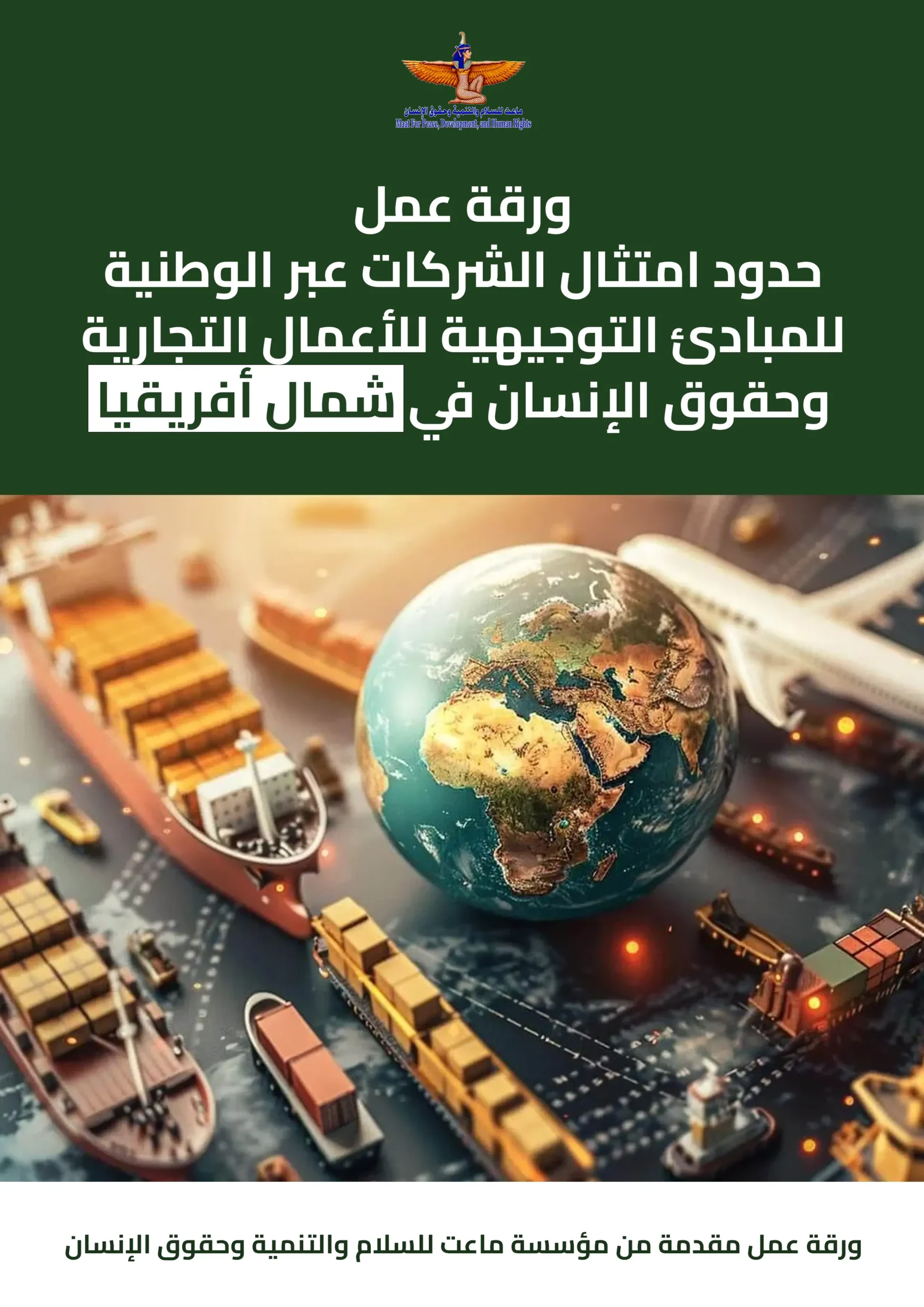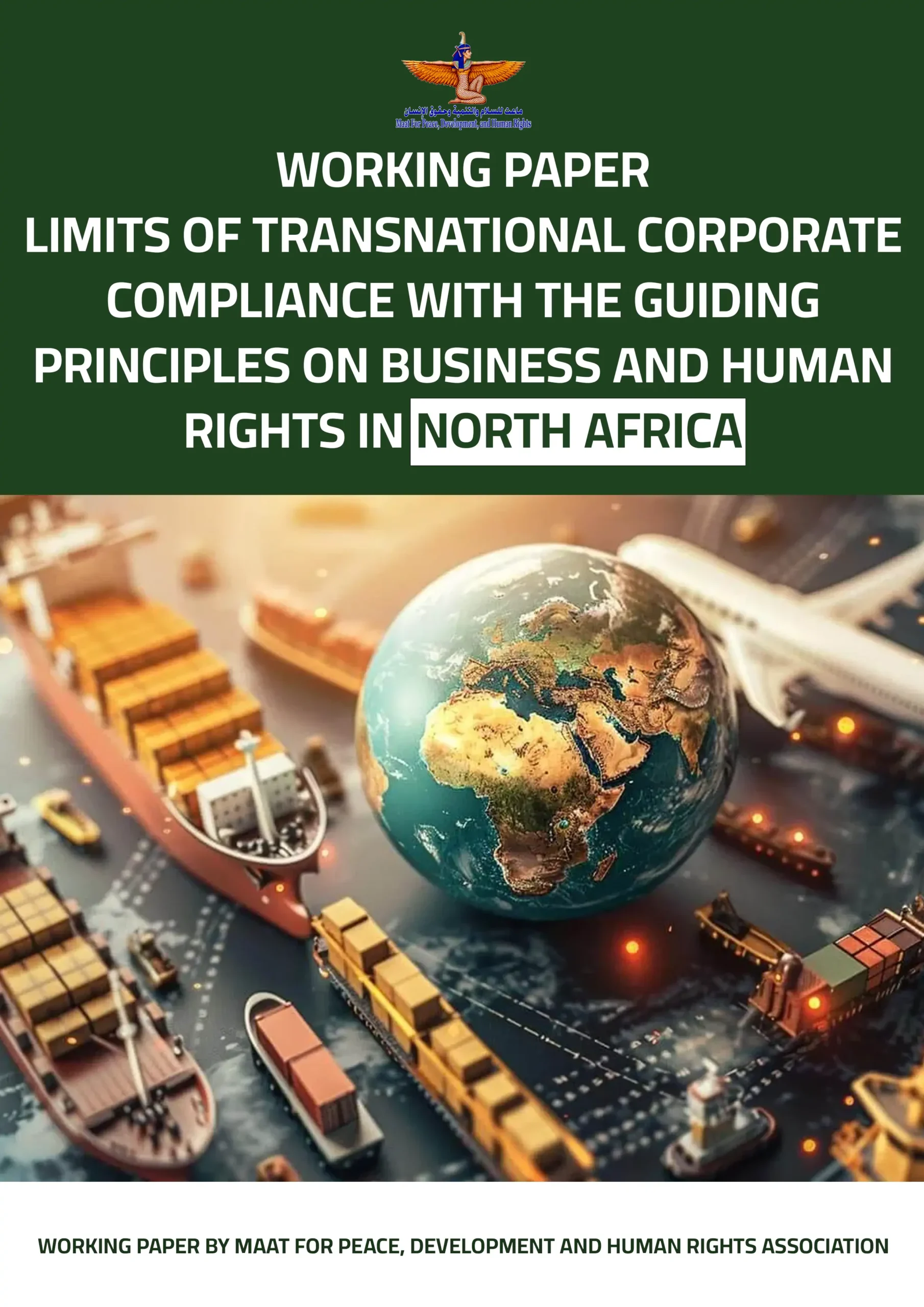Opinions vary on the extent to which transnational corporations comply with Guiding Principles on Business and Human Rights, and consequently, on the degree to which these companies promote respect for human rights in the countries where they operate and contribute to economic development in host countries. There is no doubt that transnational corporations possess the resources, administrative capabilities, and technical expertise that qualify them as effective agents for developing the economies of emerging nations. Some believe that the presence of transnational corporations positively impacts economic development by providing capital, introducing foreign technology, and offering expertise and skills. These companies can exploit investment opportunities, manage and organize projects, and create job opportunities for thousands. Conversely, others argue that these corporations do not enhance national economies. They often fail to respect the human rights of their workers and may harm local communities through their activities. North African countries are not isolated from the impacts of these corporations; the practices of transnational companies in the region highlight a disparity in compliance with Guiding Principles on Business and Human Rights, which were unanimously approved by the Human Rights Council in its resolution 17/4 on June 16, 2011. It is significant that most of these companies possess considerable capabilities that could enhance compliance with human rights standards, particularly concerning workers’ rights and environmental preservation. However, weak compliance of transnational companies in North Africa with these Guiding Principles primarily stems from the economic vulnerabilities of the region. Consequently, these countries often prioritize the survival of transnational corporations over adherence to international human rights standards. As transnational companies expand and capture significant market shares in North African countries, there is an urgent need to assess their commitment to human rights standards and Guiding Principles established thirteen years ago.
In light of Maat's commitment to promoting Guiding Principles on Business and Human Rights, particularly in North Africa, this paper aims to clarify the extent of compliance by transnational corporations with these principles in the region. For this paper, North Africa includes Egypt, Tunisia, Algeria, Morocco, Sudan, and Libya. Transnational corporations are defined as companies headquartered in one country but operating in multiple countries through projects or subsidiaries. They are also referred to as multinational corporations or international companies. The concept of corporate social responsibility (CSR) encompasses the framework in which companies voluntarily integrate social and environmental considerations into their operations and interactions with stakeholders. CSR covers three main dimensions: economic, social, and environmental.
In this context, and prior to the 13th session of United Nations Forum on Business and Human Rights, Maat for Peace, Development and Human Rights presents a working paper entitled “Limits of Transnational Corporations Compliance with Guiding Principles on Business and Human Rights in North Africa.” The Paper focuses on assessing the activities of transnational corporations in North Africa. The second part addresses the role of these corporations in promoting the concept of social responsibility, while the third part envisions how they can enhance compliance with Guiding Principles. Finally, the Paper provides recommendations to improve transnational corporations’ adherence to Guiding Principles on Business and Human Rights.

 |
 |
shortlink: https://maatpeace.org/en/?p=43903












